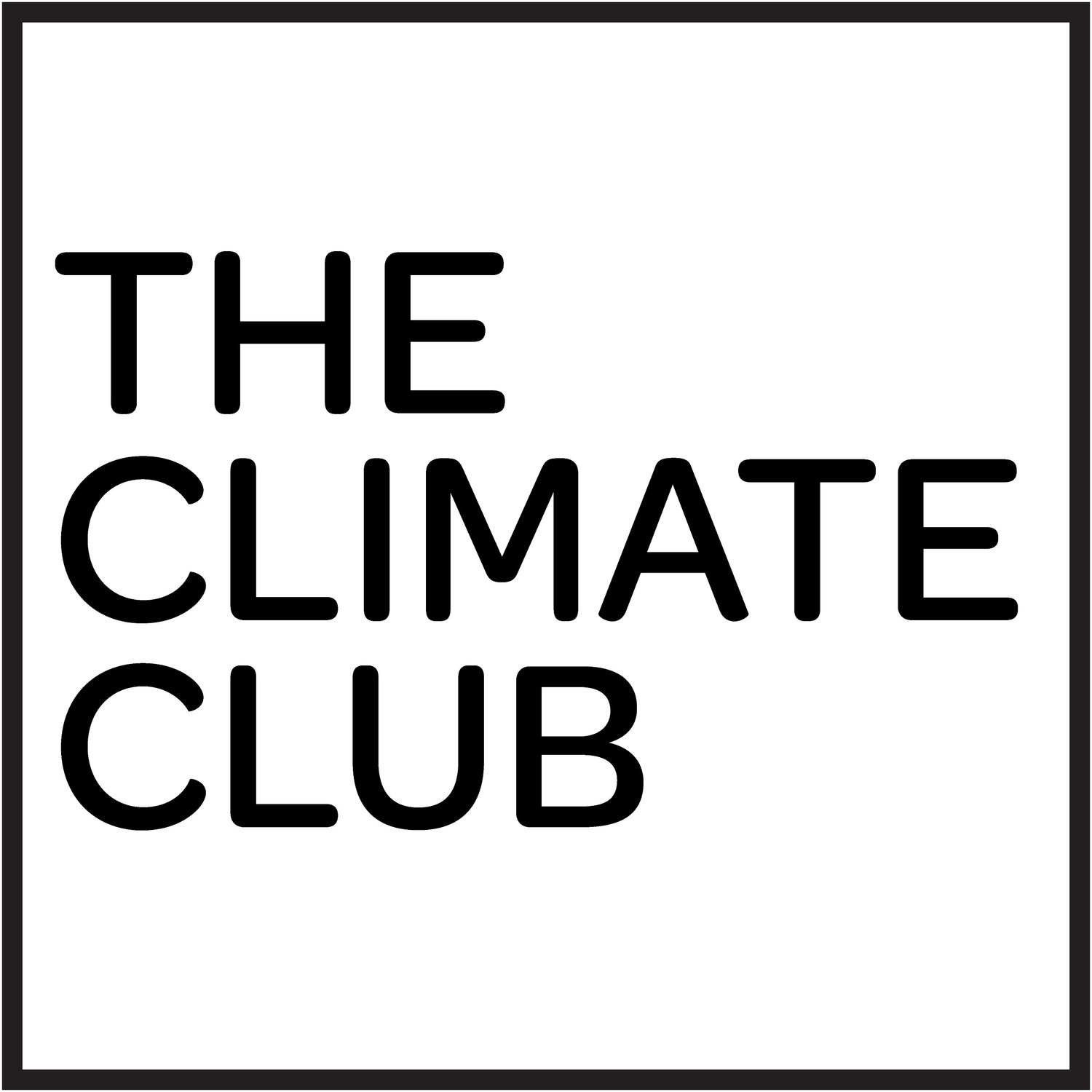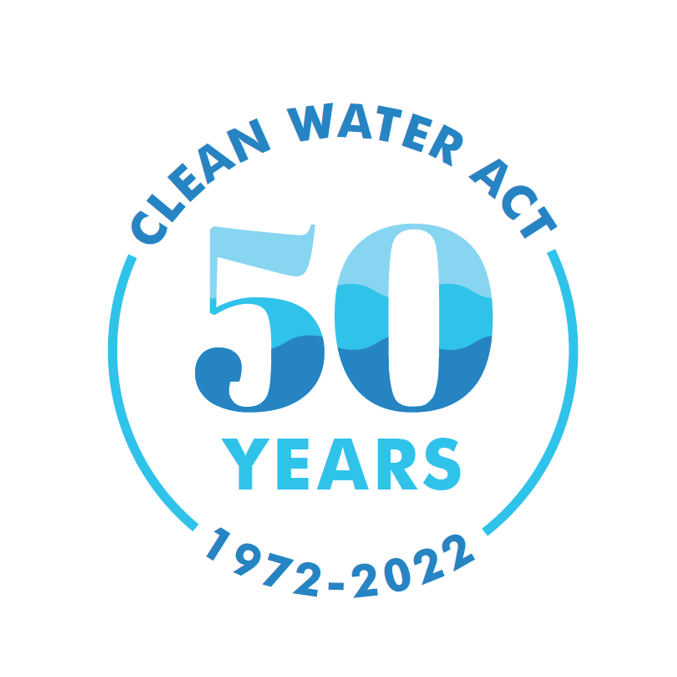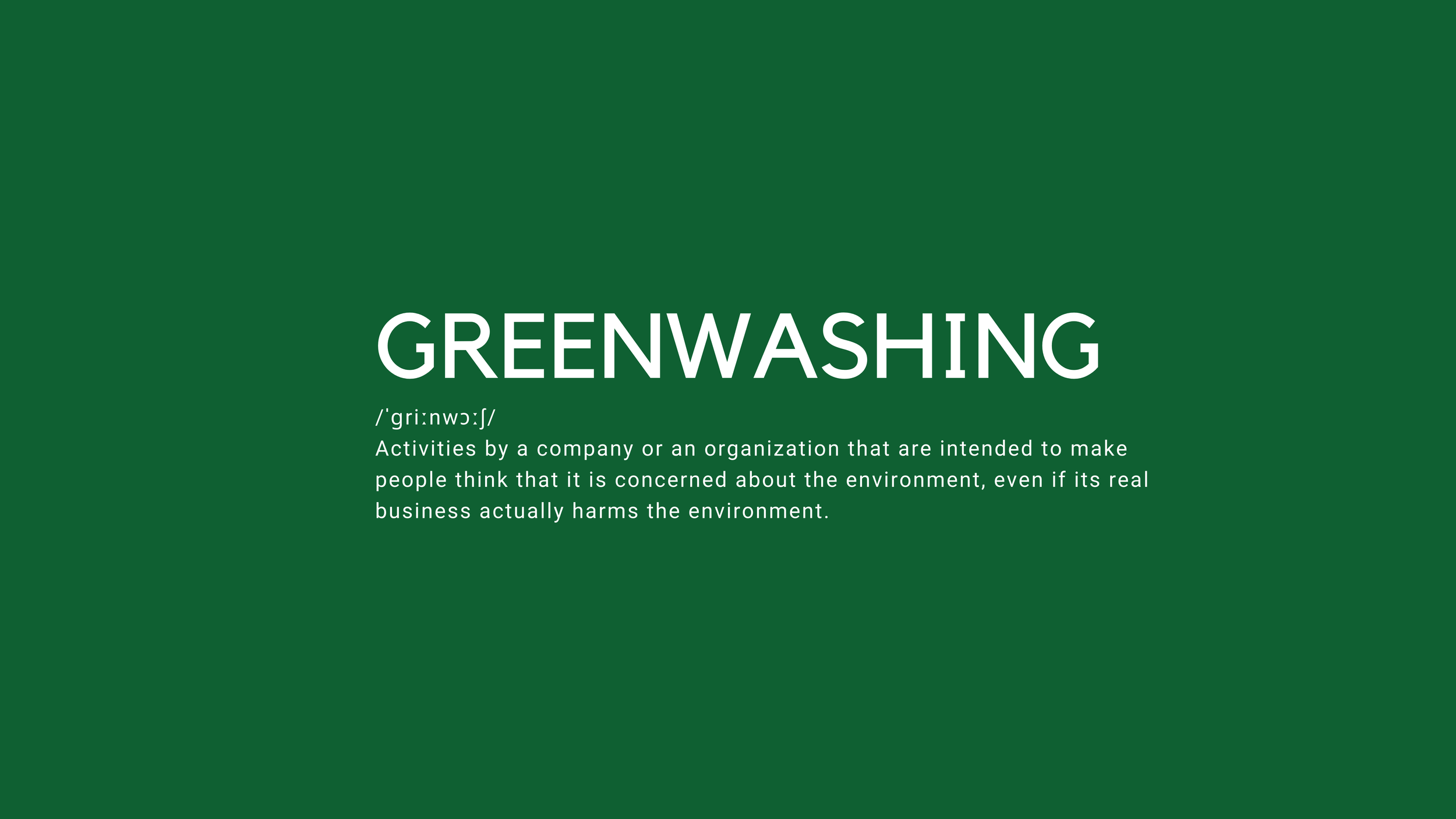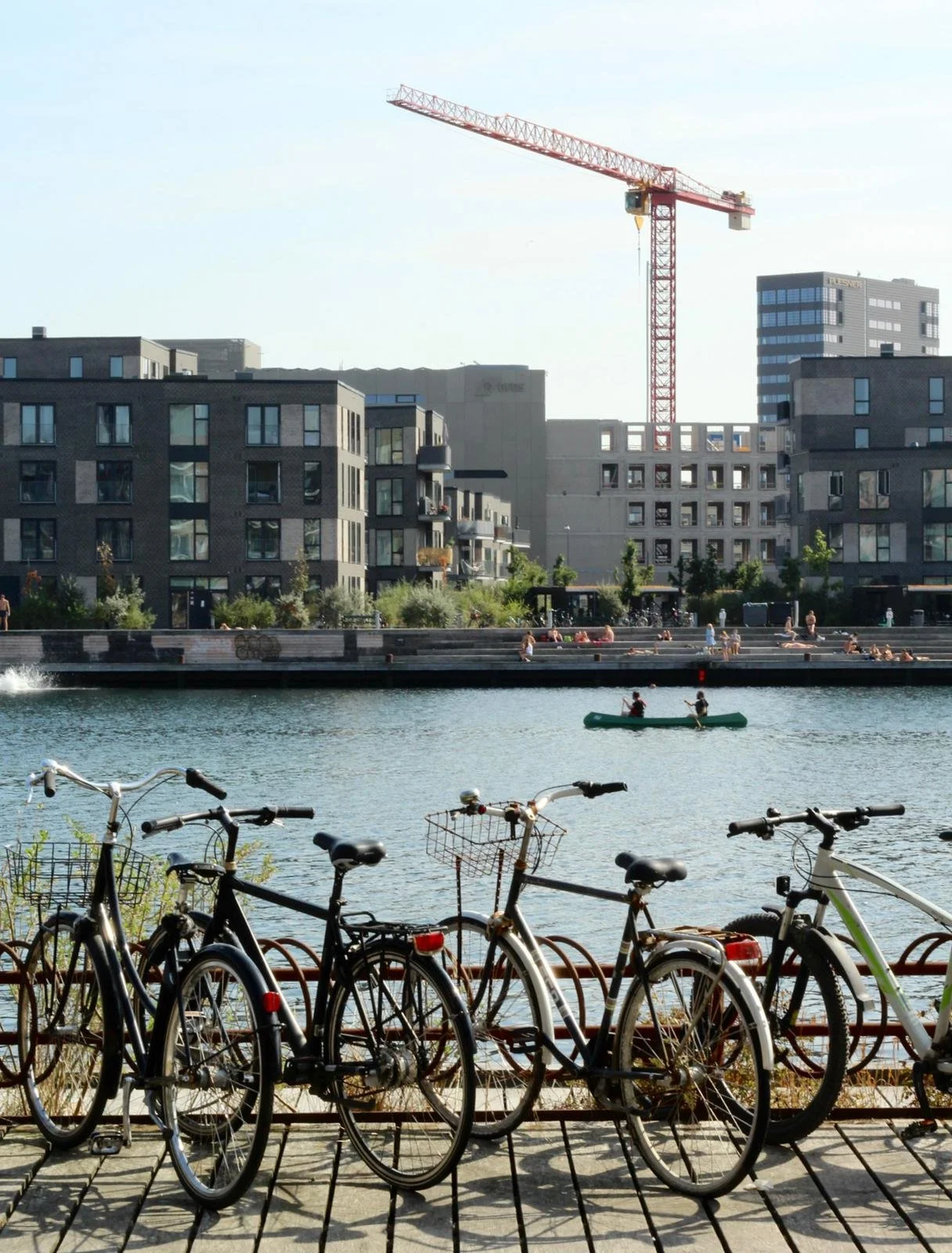Closing the Chapter on Coal: Shuttering of New England’s Last Coal Plant
The closure of Merrimack Station is a testament to the power of environmental activism and public pressure to change the energy landscape. As the region strives for sustainability, wind emerges as a leading clean energy source.
Leave Carbon Behind, Not People: An Introduction to a Just Transition
The transition to a low-carbon world is not without pushback and criticism. Fighting climate change by reducing carbon emissions is important, but it could have a negative impact on employment and the economy. In order to address the unease among workers, it is important to validate worries, and identify strategies and solutions- ensuring a just transition where no one is left behind.
Controversy Surrounding the Willow Project
On March 13, the Biden Administration approved the ConocoPhillips Willow Project, a move some organizations are calling a “carbon bomb,” allowing thirty years of oil and gas extraction in Willow, Alaska. But what does the Willow Project involve, and why is it so controversial?
The United Nations’ High Seas Treaty
On March 4th, following almost two decades of discussion, the members of the United Nations (UN) came to an agreement on marine conservation in the high seas. But what makes this such a historic agreement, and what does it mean for the future of marine conservation?
COP15 - Addressing Biodiversity Loss
In December 2022, the biodiversity-focussed 15th Conference of the Parties (COP15) adopted the Kunming-Montreal Global Biodiversity Framework (GBF), bringing the focus back on nature and putting our planet first. But why is biodiversity loss a problem, and what does the GBF hope to achieve?
COP27 - Loss and Damage Funding for Climate Vulnerable Countries
On November 20th, 2022 at the 27th Conference of the Parties (COP27), it was announced that a loss and damage fund will be utilized for countries at the forefront of the climate crisis. But what does this mean, and is this fund a truly “ground-breaking decision?”
Day of 8 Billion Shines Light on Sustainable Development Concerns
On November 15, 2022, the global population reached 8 billion people. While reaching this landmark is associated with improved public health, nutrition, and medicine, there remains concern that the growing population exacerbates vulnerability to the climate crisis, and threatens sustainable development.
Could a New Supreme Court Case Jeopardize the Clean Water Act?
The Supreme Court agreed to hear a new case, Sackett vs. Environmental Protection Agency, which was argued before the court in early October 2022. The case concerns the Clean Water Act, specifically the provisions it makes (or does not make, as one side argues) for wetlands within the United States.
The Bicycle Alternative
Personal vehicles, buses, light rail, and heavy rail produce about 0.96, 0.64, 0.36, and 0.22 pounds of CO2 per mile, respectively, but what other choices do Americans have to get around town? For many people, a humble alternative exists in the bicycle.
What Greece’s Journey to 100% Renewable Energy Means for the Future of Energy Production
On Friday, October 7th, the entire electrical grid of Greece ran completely on renewable energy for about five hours. The Mediterranean nation of just over 10 million has a renewable grid mix of solar, wind, and hydroelectric power. It was able to sustain 100% of the country’s electrical needs for a short period, highlighting the progress it has made in the alternative energy space.
Is Nuclear Energy a Climate Change Solution?
Nuclear energy is controversial. While many view nuclear energy negatively, a subset of the population believes it to be a climate “panacea,” a cure-all that is our only option to reach net-zero carbon emissions fast enough on a global scale.
Urban Agriculture for Sustainable City Development
Urban agriculture is the process of "producing, processing, and distributing food and other goods in and around cities through intensive plant cultivation and animal husbandry." Although the term "urban agriculture" is relatively new, urban food production systems have a long history in the United States and abroad, providing communities with fresh food, jobs, and green space.
What Is Carbon Pricing?
Carbon pricing is thought to be the most effective way to reduce greenhouse gas (GHG) emissions internationally. But what exactly is carbon pricing, and why is it predicted to be so successful?
Innovation of Solar Energy: Sustainable, Colorless, and Transparent Solar Cells
Renewable energy is crucial for the present and the future since the ultimate objective of the sustainable energy system is to maintain our current needs without sacrificing the needs of future generations. In contrast to fossil fuels, which have a finite supply, solar energy is a renewable energy source that is sustainable.
What Is Hydropower?
Hydropower is essential as we transition toward a Net Zero future. As the largest renewable energy source worldwide, and the third largest energy source overall after coal and natural gas, hydropower has a crucial role to play.
Solar Energy: A Renewable Energy Source for Future World
The availability of renewable energy sources including solar, wind, geothermal, hydro, and biomass energy is expanding quickly because of technical developments that have lowered costs and enhanced efficiency. Solar energy use has accelerated recently, particularly when discussing sustainability.
Truss Energy Plan Falls Short on Resolving UK Crises
After a record-scorching summer and no shortage of political turmoil on the British Isles, newly appointed Prime Minister Liz Truss seeks to prevent a chilling winter for United Kingdom residents during a crushing cost of living crisis. An expected 80% rise in energy costs—largely due to restrictions on Russian natural gas amid its ongoing invasion of Ukraine—could leave millions unable to afford heat.
The History of Greenwashing and its Modern Evolution
With anxiety around climate change worsening, the average consumer is looking to buy from brands that they believe are environmentally conscious and actively trying to reduce their emissions footprint. The problem is, how do you know if a company is sustainable or just using a marketing tactic and the newest form of greenwashing?
City of Copenhagen Water Transformation
On a hot summer day in Copenhagen, the harbors and canals in the city bustle with throngs of people swimming, tanning, boating, and fishing. Copenhagen is one of the very few large cities around the world with clean enough water for public recreation and thriving marine life. However, the Port of Copenhagen was not always so hospitable for life both above and below the surface. Just 10 years ago, the harbor surrounding the city of Copenhagen was heavily polluted with toxic and persistent chemicals and waste.
How to Create a Sustainable Future: Corporate Responsibility vs. Individual Action
Corporations cater to their consumers, but we are the consumers. While small, individual changes might not seem significant now, they can lead to a greater ripple effect that can draw the attention of large corporations.




















